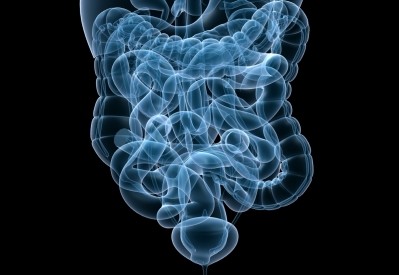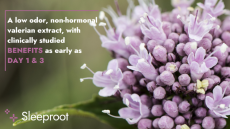EFSA rejects Echinacea extract and anxiety claim

Hungarian pharmaceutical companies Anxiofit Ltd. and ExtractumPharma Co Ltd. submitted an article 14 claim for Echinacea angustifolia root extract and the “amelioration of subthreshold and mild anxiety”, which are “risk factors in the development of anxiety disorders and depression”.
The target population was “people having subthreshold and mild anxiety symptoms who are not eligible for anxiolytic medication”.
Yet EFSA’s dietetic products, nutrition and allergies (NDA) panel concluded the evidence provided was “insufficient to establish a cause and effect relationship” between consumption of the product, Anxiofit-1, and the claimed health benefit.
It said the results of the submitted small-scale human intervention studies had not been replicated in other studies and the companies had failed to provide evidence for a “plausible mechanism” by which Anxiofit-1 could exert the claimed effect.
One of the small studies showed a decrease in anxiety scores under the conditions of use proposed by the applicant while another performed by the same research group with patients with diagnosed generalised anxiety disorder also showed a decrease in anxiety in this population.
The panel said it considered the reduction of subthreshold and mild anxiety to be a beneficial physiological effect and that this was a risk factor for anxiety and depressive disorders.
Anxiofit-1 was standardised for the content of echinacoside of at least 3% and the alkamide profile, which EFSA said was “sufficiently characterised”.
Article 14 claims under the European regulation on nutrition and health claims refer to the reduction of disease risk or to children's development or health.
EFSA’s dietetic products, nutrition and allergies (NDA) panel has so far received 268 applications, 103 applications of which were withdrawn.
To date 75 article 14 scientific opinions have been adopted.
Have you developed any interesting medical foods this year?
Then we want to hear about it.
Entries for the NutraIngredients Award close Friday January 15th.
Click HERE to find out more.
















